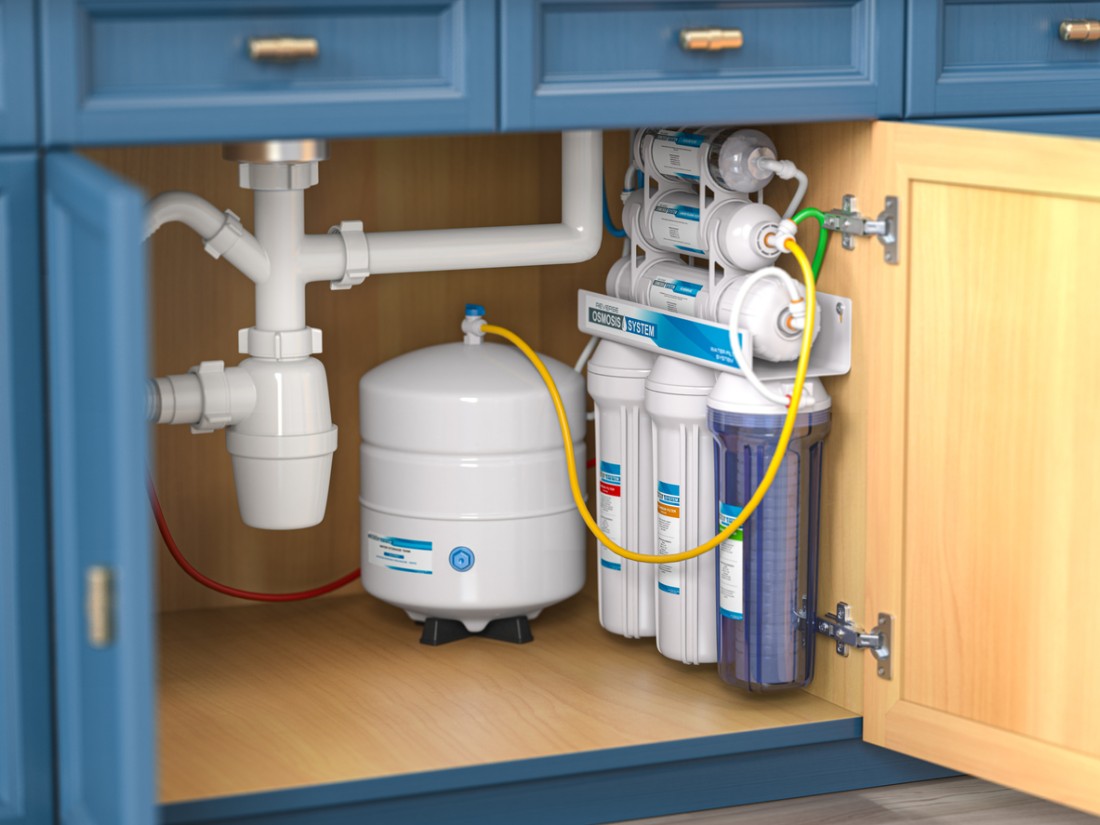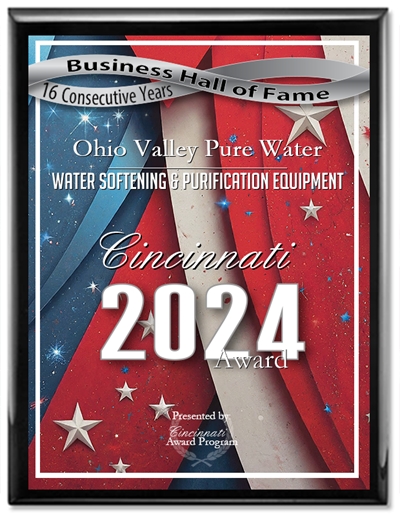 Maintaining a healthy home environment involves more than just installing a water purification system. It demands a commitment to regular upkeep, with the main focal point being the timely replacement of the system’s filters.
Maintaining a healthy home environment involves more than just installing a water purification system. It demands a commitment to regular upkeep, with the main focal point being the timely replacement of the system’s filters.
From compromised water quality to potential health risks, the consequences of not changing your water purification system filter are multifaceted. Today, we’ll dive into the often underestimated dangers of neglecting this simple yet vital task. This seemingly small maintenance step holds the key to the effectiveness, longevity, and safety of your water purification—let’s learn more.
Why Your Water Filter is Important
Water filters are indispensable for ensuring the purity of the water we consume on a daily basis. Acting as a barrier against contaminants, water filters play a pivotal role in removing impurities such as sediment, chlorine, bacteria, and heavy metals. By doing so, they enhance the taste and odor of the water, making it more palatable and enjoyable. Additionally, water filters are vital in areas where tap water may contain pollutants or impurities that could pose health risks.
- Reverse Osmosis: Filters eliminate contaminants, particles, and impurities, producing purified water suitable for consumption.
- Whole-House Filtration: These systems employ filters to remove a spectrum of pollutants, sediments, and chlorine, enhancing the overall quality of water distributed throughout the home.
Not Changing Your Filter: The Consequences
Filter Effectiveness Diminishes
Failure to change a water filter in a timely manner can lead to a gradual decline in its effectiveness. These water purification systems typically operate on a step-by-step process. For instance, if the polypropylene (PP) filter becomes overloaded, it directly impacts the rest of the filter elements. Larger impurities, such as sediment and rust, can then bypass the clogged filter and reach other areas of the system. This places strain on the rest of the water purification system, as certain areas are not equipped to handle such large particles.
As time progresses, the overall performance of the water purifier declines, leading to a shorter lifespan and increased operational costs.
Bacterial Growth Can Increase
Clogged and unclean water filters can quickly become a petri dish, acting as a bed for bacteria. The organic matter and pollutants act as a nutrient source for microorganisms, with organic compounds like carbon, nitrogen, and phosphorus providing a food source for bacteria, algae, and other microbes. As these contaminants build up on the filter surface, they create an ideal environment for the growth of harmful microorganisms that can enter your water supply.
Water Quality is Impacted
When water purification filters aren’t changed out regularly, the quality of your water can be adversely affected. As bacteria accumulate over time, the efficiency of your water filtration is inevitably compromised. The buildup of organic matter can begin to impact your overall water quality, leading to unpleasant odors and tastes.
Continuously drinking water that’s been contaminated by harmful bacteria can lead to severe health risks, including diarrhea, nausea, fatigue, and an overall weakened immune system. If you’re concerned about the state of your water and wish to have it inspected for pathogens, please contact your local water supply company.
How Often Should Your Filters Be Changed?
There are a variety of water purification systems available, which means each filter is different. When it comes to knowing how often you should change your filter, it will depend on a variety of factors, including what brand you’re using and the water quality in your area. Let’s explore a few different examples:
- Whole-House Filtration Systems: The type of filtration system you have and the number of people in your home will determine how often the filters need to be changed. They can range from a few months to a whole year. Customers who have well water should replace their whole-house filters more often than someone with city or county water.
- Reverse Osmosis: Ideally, RO system filters can last an entire year, only needing to be changed once every twelve months.
Like any other household appliance, it’s crucial to communicate with your installer about the details of each maintenance task. They’ll be able to schedule filter change-outs for you so as not to void the manufacturer warranty on your filtration system.
If you ever have any further questions, the professionals at Ohio Valley Pure Water would be happy to troubleshoot any issues you may be experiencing.
Enjoy the Ohio Valley Pure Water Difference
At Ohio Valley Pure Valley (OVPW), we’re firm believers that everyone should have access to affordable water purification systems. Offering reverse osmosis systems and whole-house filtration systems, OVPW is dedicated to providing homeowners with clean, safe water for years to come. As a family-owned and operated business, OVPW continuously monitors all products and services to ensure your home is well protected from water contamination.
Cincinnati’s Highest-Rated Water Treatment Company
Ohio Valley Pure Water has been awarded “Best of Cincinnati” for water purification equipment for 15 years. Since 1988, we’ve been helping Cincinnati residents with their water treatment needs, providing high-quality water purification systems at wholesale prices. Contact us today at (513) 231-5531 to learn more about how we can help you maintain clean, healthy water in your home.



